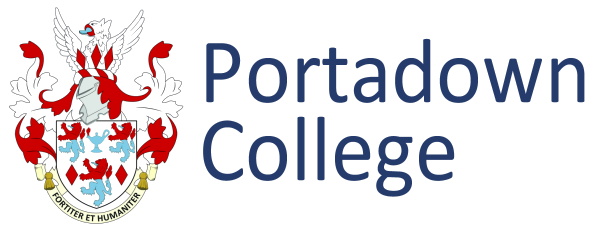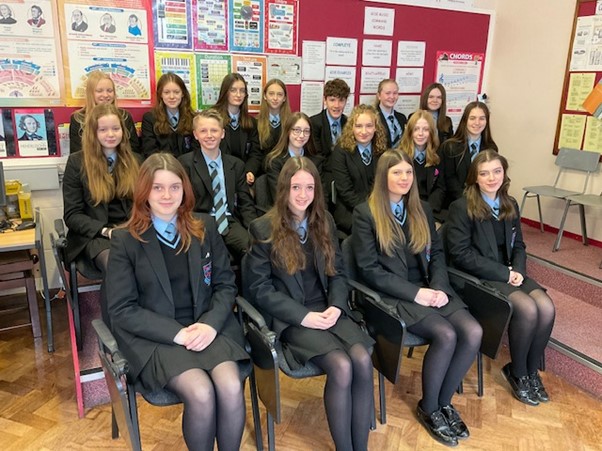Many former A-level Music students take their studies further and choose to read Music at various Universities across the country; the Universities of Oxford, Cambridge, Edinburgh, Durham and Queen’s in Belfast are just some of the higher education schools that offer Music at an Undergraduate level. The curriculum at Undergraduate level is wide-ranging across the many Universities, with most offering study in Performance, Composition, Theory, Musicology, Historical topics, and Ethnomusicology. A BA degree in Music or BMus degree gives this broad sweep of the subject, allowing students to focus in on particular areas in their final years.
Conservatoires, such as The Royal Conservatoire of Scotland in Glasgow, or the London College of Music, offer intense instruction in performance, with pupils being able to study with local professionals, take master classes with touring soloists and have opportunities to play with influential orchestras. Taking this path means students focus almost entirely on performing, and less on the other elements of Music such as composing or Music history.
Skills Developed Through The Study Of Music
Studying Music at GCSE and A-Level gives students a range of versatile, transferable skills which they will take with them later in their careers. Aural, appraising, performing, literary, time management and organisation skills are all developed through the study of Music as well as quick thinking when things don’t go to plan (e.g. in a concert setting).
General skills
- Analytical, critical thinking, research, writing, communication and presentation skills – developed through reading, discussions and writing essays.
- IT skills – through the use of standard software packages.
Specific skills and attributes
- Powers of memory, physical dexterity and concentration – developed in practice and performance.
- Communication skills – developed through performing and engaging listeners.
- Teamwork – through working in bands or orchestras as a player or section leader.
- Self-management – physical and mental self-discipline achieved through regular practice.
- Performing under pressure – overcoming nervousness in order to perform well during examinations, concerts and auditions.
- Planning – organising and working towards a project or performance.
- Technical skills – using technology to create and record music.
- Critical reflection – giving and receiving criticism, learning from mistakes and striving for improved performance.
Career Options
Whilst many students who study A level Music will continue to study Music to degree level not all choose to do so. Here is a selection of careers that students with an AS or A level in Music have gone on to:
- Teaching
- Speech and Language Therapy
- Nursing
- Costume Design
- Ordained Ministry
- Medicine
Students who have studied Music at degree level have also gone to a variety of careers:
- Recording studio technician
- BBC producer
- Set design
- Costume design
- Teaching
- Professional performer
- Peripatetic teaching
- Lay clerk in a Cathedral
- Arts administration
- Theatre management
- Music publishing
- Orchestral management
- Music therapy


